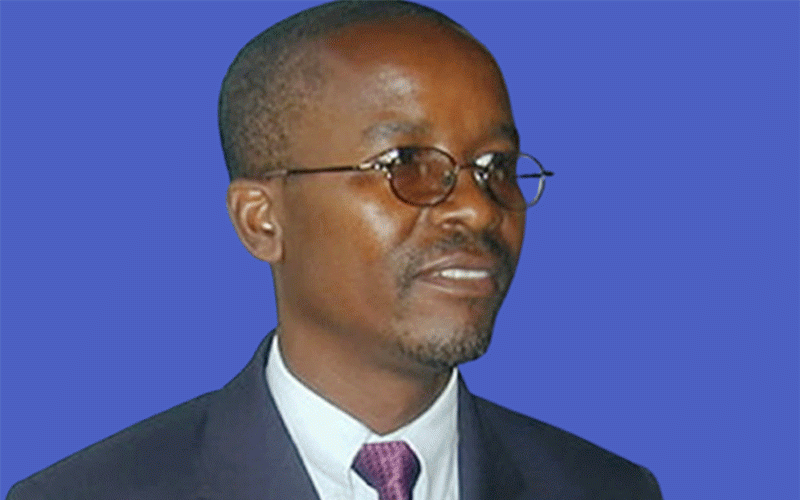
by Tim Middleton
Oscar Pistorius is seen to be a divisive figure. People either love him or hate him, though we may remember him for different reasons: some know him as the “Blade Runner” (or “the fastest man on no legs”) for his astonishing speed as an amputee athlete but others think of him only as the man who murdered his model girlfriend. Pistorius is he, let us remember, who, having had both legs amputated below the knee at eleven months old, went on to win numerous gold medals in the 2004, 2008 and 2012 Paralympics but perhaps more significantly who in 2012 became the first amputee runner to compete at the Olympics by running in the men’s 400-metres and reaching the semi-finals.
Initially, the International Association of Athletics Federations (IAAF), track and field’s governing organization, banned him from able-bodied competitions because it believed Pistorius’ carbon fibre blades, known as “Flex-Foot Cheetahs,” gave him an unfair advantage — it is an interesting thought, that a man without half his legs has an advantage over someone with all his legs! Are they encouraging parents to chop off their child’s legs so that he can put on these advantageous false limbs so he can win? The Court of Arbitration later lifted the ban, thus enabling him to compete against able-bodied athletes, which he did, though not without extensive debate. The question is this: should an amputee athlete be allowed to compete against able-bodied athletes or should he be limited only to competition against other athletes with disabilities? But do all amputee athletes want to compete against able-bodied athletes? Must all able-bodied and disabled athletes compete in the same competitions? Should there be separate competitions (such as the Olympics and Paralympics)? Might not disabled athletes be glad to compete against others with the same disability?
This debate is raised as it is very similar to the debate on inclusive education. The New Zimbabwe Curriculum heralds the important value of Inclusive and on the surface it appears totally logical as well as ethical. The argument is that children with special needs should learn alongside those with non-special needs: all children are important and should be given similar opportunities. However, as with the debate over whether able-bodied athletes should compete with amputee athletes or athletes with other disabilities, the evidence and the arguments are not overwhelming or necessarily convincing. The debate on being inclusive is in fact inconclusive.
We want inclusivity, understandably so. However, we are not consistent with the argument; in fact, we are selective in our wish to being inclusive. If we should accept any child into the class, without any reference to their ability, then when it comes to work we should take anyone (or should that read ‘everyone’?) who applies; we then have no need for anyone to submit a CV, as that only serves to differentiate the applicants. Why bother with exams or interviews or assessments if we are to be inclusive? Equally, we should not request references or reports; we should not be concerned about qualifications, yet those are the very things that people are looking for in education.
Furthermore, if we are to be inclusive of children of all abilities, we must be inclusive of children (and adults in the wider world) of all attitudes, of all behaviours. We must not exclude a child from school because of bad behaviour, even when he disrupts the opportunities of all well-behaved pupils or else we will not be inclusive. No matter what a child does, a school must include him. That means that society (not just school) must be inclusive, so no criminal should be excluded — and no laws should be made which determine whether someone is a criminal. Furthermore, if we are to be inclusive of any pupil, we must be inclusive of every subject, expecting every child to study every subject, every language, yet there is no need, no time, no point in doing so.
Inclusive, despite how it may seem on the surface, should not be divisive. Being inclusive implies there are to be no conditions or controls, no qualifications or questions; however it also means there is no choice. Are we saying that no-one should have an unfair advantage, given their circumstances? The debate on inclusive is actually a “con” and therefore inconclusive. After all, even if we are inclusive in allowing Pistorius to compete in the Olympics, he will not be competing in the Olympics this year as he is still in prison for killing his girlfriend. We are not exclusively inclusive, after all! If we are going to be inclusive, we have to be inclusive of all.
l Tim Middleton is the executive director of the Association of Trust Schools [ATS]. The views expressed in this article, however, are solely those of the author in his private capacity and do not necessarily represent the views of the ATS.











